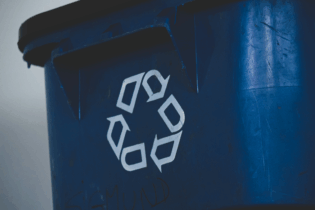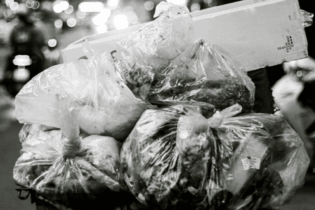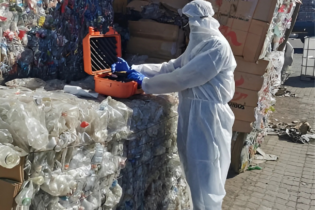The Minister of Water and Environmental Affairs, Edna Molewa published the Integrated Industry Waste Tyre Management Plan (IIWTMP) of the Recycling and Economic Development Initiative of South Africa (REDISA) in terms of Regulation 11(4) of the Waste Tyre Regulations, 2009 in Gazette No 35534 of 23 July 2012 for immediate implementation.
The Minister approved the REDISA IIWTMP in a letter dated 15 November 2011 and published it in Gazette No 34796 of 28 November 2011. The approval of this plan was subsequently withdrawn through a notice in the Gazette on 26 January 2012. The approval was withdrawn to ensure that all stakeholders and the public were given more opportunity to make comments on the proposed plan since some industry members had raised concerns regarding the consultation process that was followed for this plan. REDISA then advertised the availability of their plan and called for comments in a range of newspapers between January and February 2012. Comments received through this process were considered and a comments and response document was prepared and submitted together with the plan to the Department on 10 February 2012. The Minister subsequently published the revised plan in the government Gazette No. 35147 of 17 April 2012 to afford the general public a period of 30 days to make further inputs on this plan. The comments received were reviewed and the plan was revised accordingly, and thus published for implementation. The National Environmental Management: Waste Act 2008 (Act No. 59 of 2008) clearly anticipates the need to address national issues with holistic national plans and the REDISA plan was drafted taking cognisance of this. Over and above the obvious objective of managing waste tyres in a manner that minimises their negative impacts on the environment and human well-being, the REDISA Plan is centred around; amongst others, job creation, the need to include and empower the existing informal sector as well as sustainability. These are key aspects necessary to meet the transformative social-economic objectives of the country.This plan will be funded through a per-kilogram levy on tyres manufactured in or imported into South Africa. The rand per-kilogram cost is determined on the basis of all operational and capital costs required to make the plan work and is currently set at R2.30/kg.
The benefits of an IIWTMP include, but are not limited to, ensuring that the negative environmental impacts of tyres are minimised as well as ensure co-ordinated industry action. The intention is to ensure that the management of waste tyres follows the waste hierarchy which advocates for avoidance of waste, re-use, recycling and recovery of energy and disposal as the last option. This will in turn curb the well known impacts of waste tyre stockpiles such as human health risks associated with mosquito and vermin breeding as well as air pollution impacts from burning of tyres and fire hazards. Furthermore, this approach will extend the life spans of landfill sites, especially in this age when land contestation is high and hence land availability for development of landfill sites is scarce. The plan aspires to, through its research and development initiative, establish and encourage a vibrant recycling sector. Examples of products that can be derived from recycling tyres include rubber, oil, bricks and tiles. Click the link to access the gazette notice:http://www.environment.gov.za/sites/default/files/gazetted_notices/nemwa_redisa_g35534gon564.pdf






